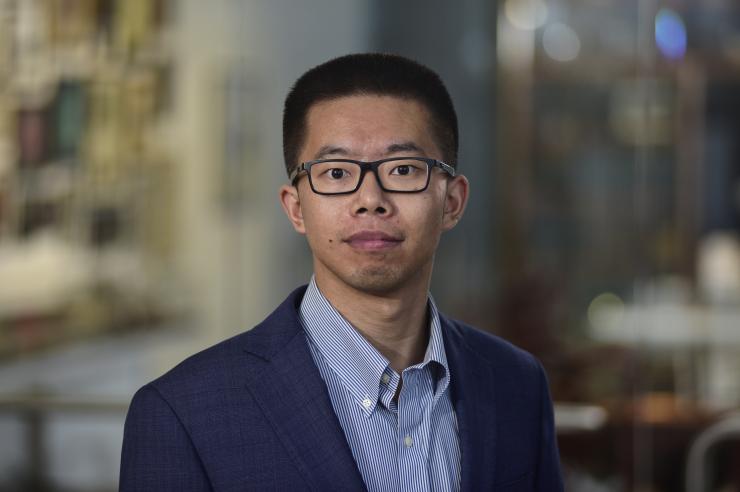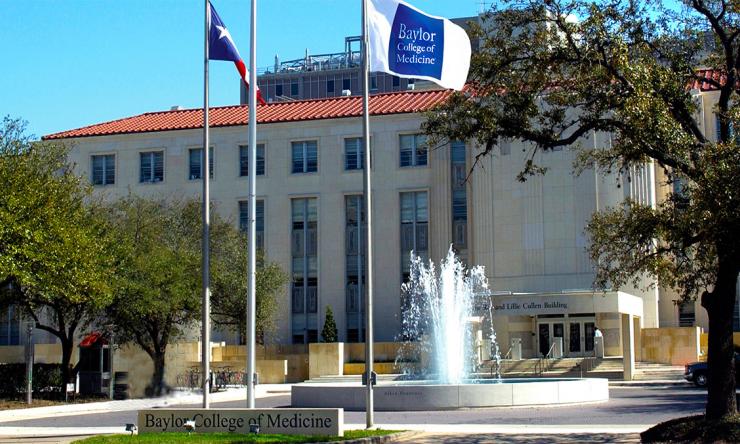New McNair Scholar named at Baylor College of Medicine

It is believed that there are broad and active dialogues between the nervous system and metabolic tissues and organs. The neural sensing and regulation of metabolism, a process called neuromodulation, plays a significant role in physiological processes. This area of research is the focus of Dr. Qiancheng Zhao, the newest McNair Scholar at Baylor College of Medicine.
Established by The Robert and Janice McNair Foundation and managed by the McNair Medical Institute, the McNair Scholars program pursues collaborative and transformational research by identifying and recruiting leading scientists in the neurosciences.
“Being named a McNair Scholar represents the opportunity to integrate innovative concepts, knowledge and technologies from neuroscience, metabolism, genetics, computational biology and engineering into this important and interdisciplinary neuro-metabolic interface, pushing the boundaries forward,” said Zhao, assistant professor in the Margaret M. and Albert B. Alkek Department of Medicine.
Zhao’s research addresses two significant health challenges – obesity and diabetes. Metabolism, the process of converting food into energy, plays a crucial role in the development of obesity and diabetes, so understanding how sensory neurons contribute to neuromodulating this process is essential to prevent and treat these conditions. However, it is still unclear how distinct metabolic cues are represented in the nervous system and how they achieve precise neural control of metabolism.
“My research aims to uncover the sensory mechanisms that control metabolic homeostasis to map the underlying neural pathways and to explore the role of neuromodulation in regulating metabolism and diabetes,” Zhao said. “A molecular and functional dissection of the metabolic organs-brain crosstalk will open up new vistas in neural control of metabolism and may bring novel concepts and therapeutic targets into the field of obesity and diabetes intervention and prevention.”
Zhao completed his undergraduate degree in pharmaceutical sciences at Shandong University and his Ph.D. in biological sciences at Tsinghua University in China. Before joining Baylor, he was a postdoctoral associate at Yale University, where he explored interoception through the vagus nerve.
As a student, he received many national awards and scholarships and was a Kavli Postdoctoral Fellow while at Yale University. He has contributed to journal publications in top medical journals such as Nature, Neuron and Nature Communications.










